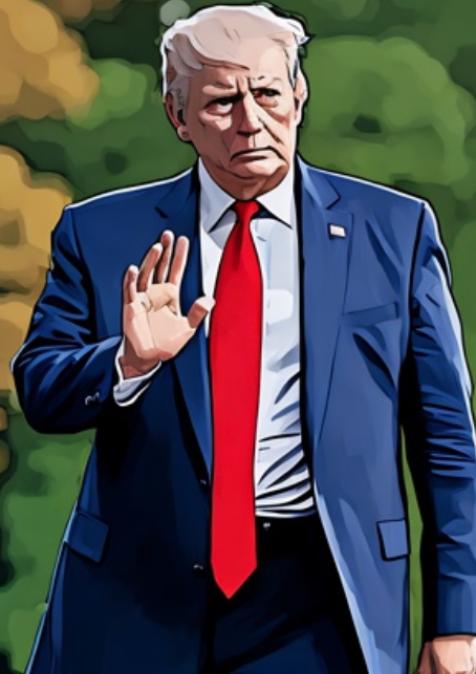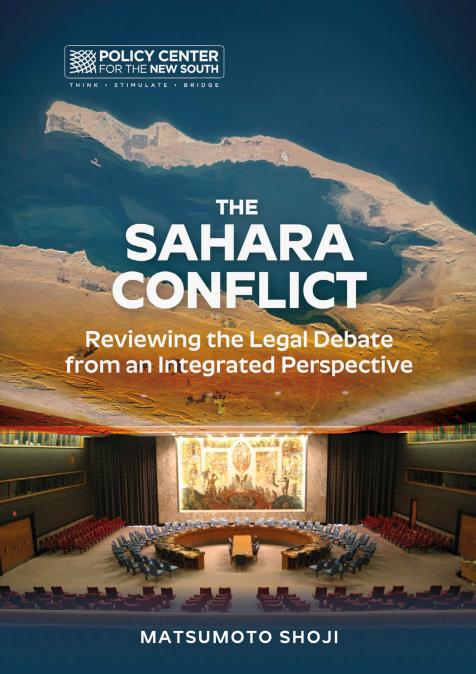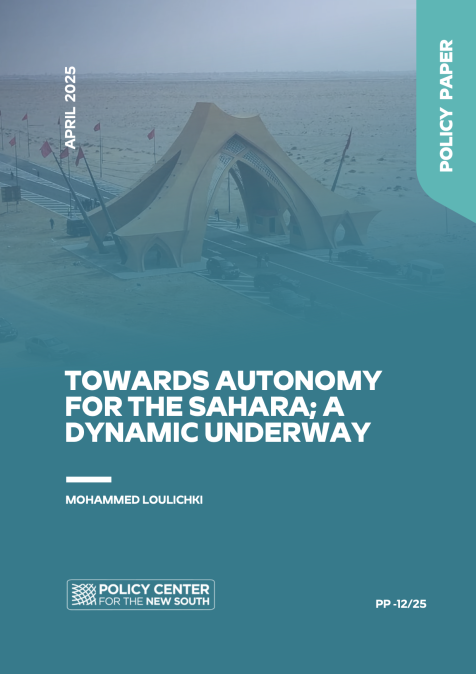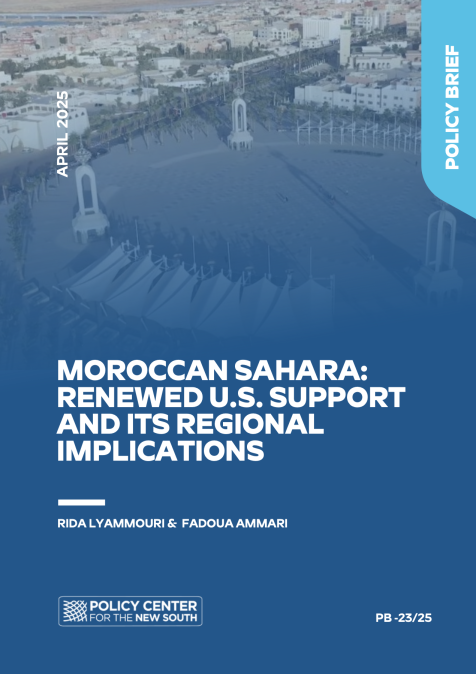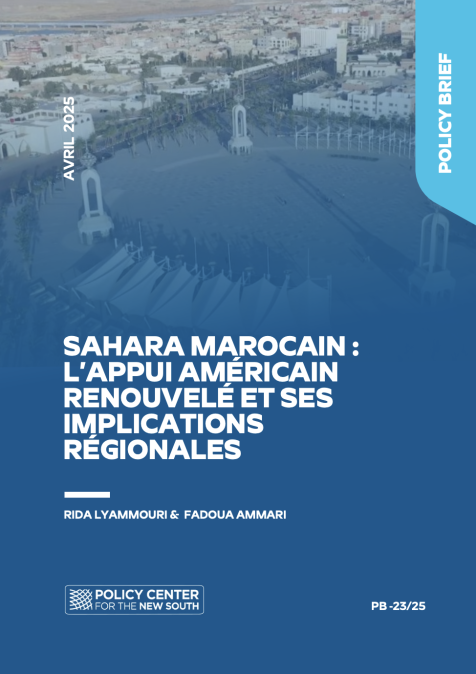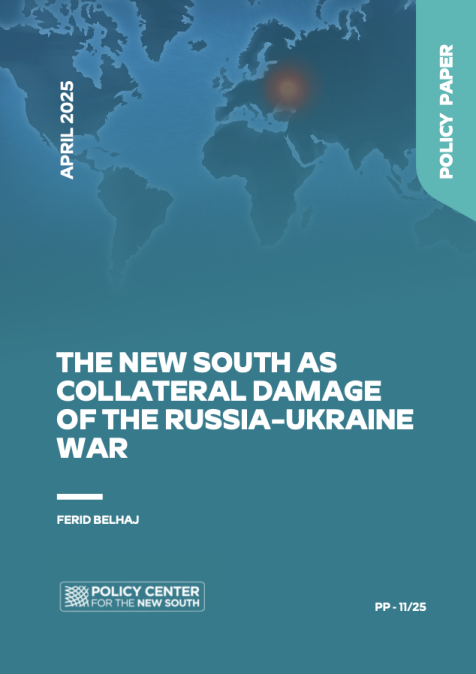Podcasts
Spécial élections présidentielles aux Etats Unis
11
November
2016
Related topics:
Ce podcast est délivré par Pascal Chaigneau. M. Pascal Chaigneau est Professeur des Universités, professeur à HEC et président de la section de science politique de l’Université Paris V Sorbonne Paris Cité.
Il est également Avocat à la Cour, arbitre international, titulaire de la spécialité de droit des relations internationales du Barreau de Paris.
Il est officier de la Légion d’Honneur et du mérite maritime, commandeur de l’Ordre National du Mérite, des Palmes Académiques et des Arts et Lettres.

